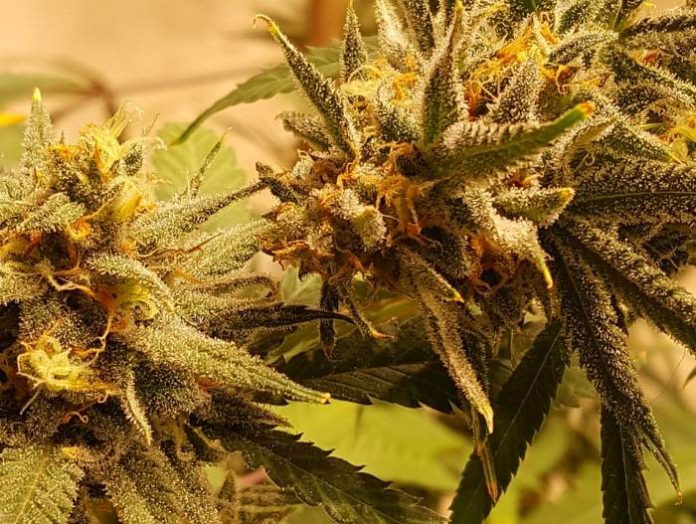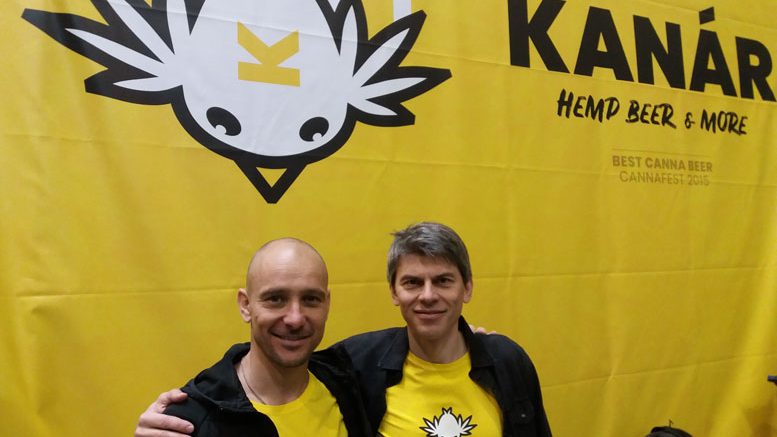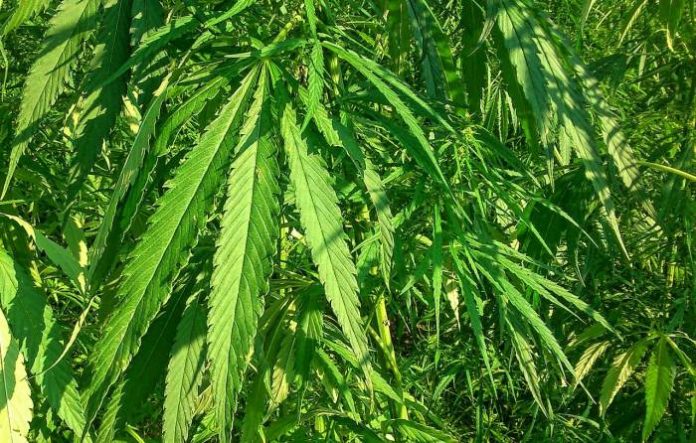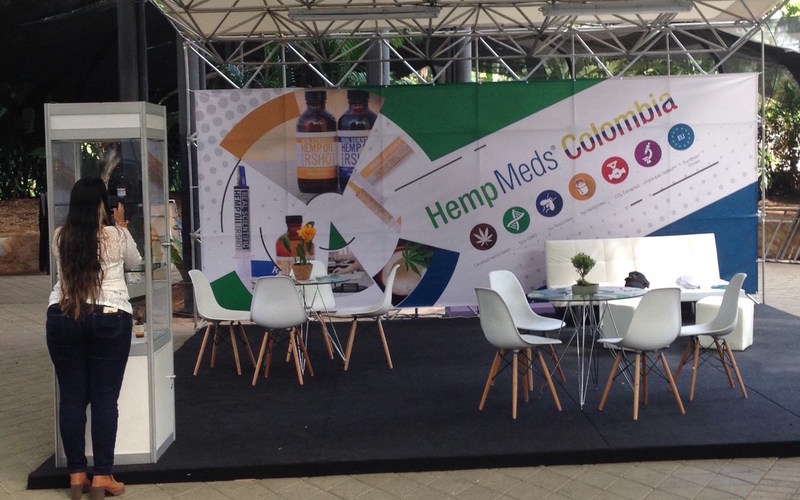Source: hempgazette.com

In the U.S. state of Indiana, stores have been given 60 days to clear their shelves of cannabidiol products, particularly those containing THC.
“Applicable law and opinions guide me to direct the Excise Police to perform normal, periodic regulatory spot checks of CBD oil products, focusing on those products which contain any level of THC,” said Indiana’s Governor, Eric Holcomb.
“Because CBD oil has been sold in Indiana for several years, the excise police will use at least 60 days to educate, inform and issue warnings to retailers so there is a reasonable period of time for them to remove products that contain THC.”
The announcement follows an opinion published last week by the state’s Attorney General, Curtis Hill last week, which read in part:
“As the analysis represented by this opinion has shown, the legal conclusion is that cannabidiol is illegal to buy, sell, possess or use in the State of Indiana.”
The opinion states cannabidiol is a Schedule I substance as marijuana is Schedule I substance.*
While acknowledging there is an exception for properly-registered patients and caregivers in relation to treatment-resistant epilepsy, the AG warned those people would still be at risk from federal prosecution.
While taking a hard line, AG Hill does appear to be sympathetic towards patients.
“We understand that cannabidiol is a substance about which we know very little, and about which many hold out a good deal of hope that it may be that elusive cure for any number and kind of disease. One hopes, for the sake of those who are suffering any of these maladies, that it can be so.”
Governor Holcomb says during the 60-day period, Indiana’s General Assembly will have the opportunity to review existing CBD oil laws.
State Rep. Jim Lucas, who we’ve mentioned previously, says he is working on a medical cannabis bill that will include legalising cananbidiol in Indiana.
“We have a substance in CBD oil that we know is considerably less toxic to their bodies, significantly less side-effects, and it works,” he said last week.
Indiana’s state elections are still a year away, but it’s shaping up that medical cannabis may be a hot topic that could sway voters.
* HG note: cannabidiol can also be be extracted from industrial hemp, which is *not* marijuana but is still legally considered as such in some parts of the world.





